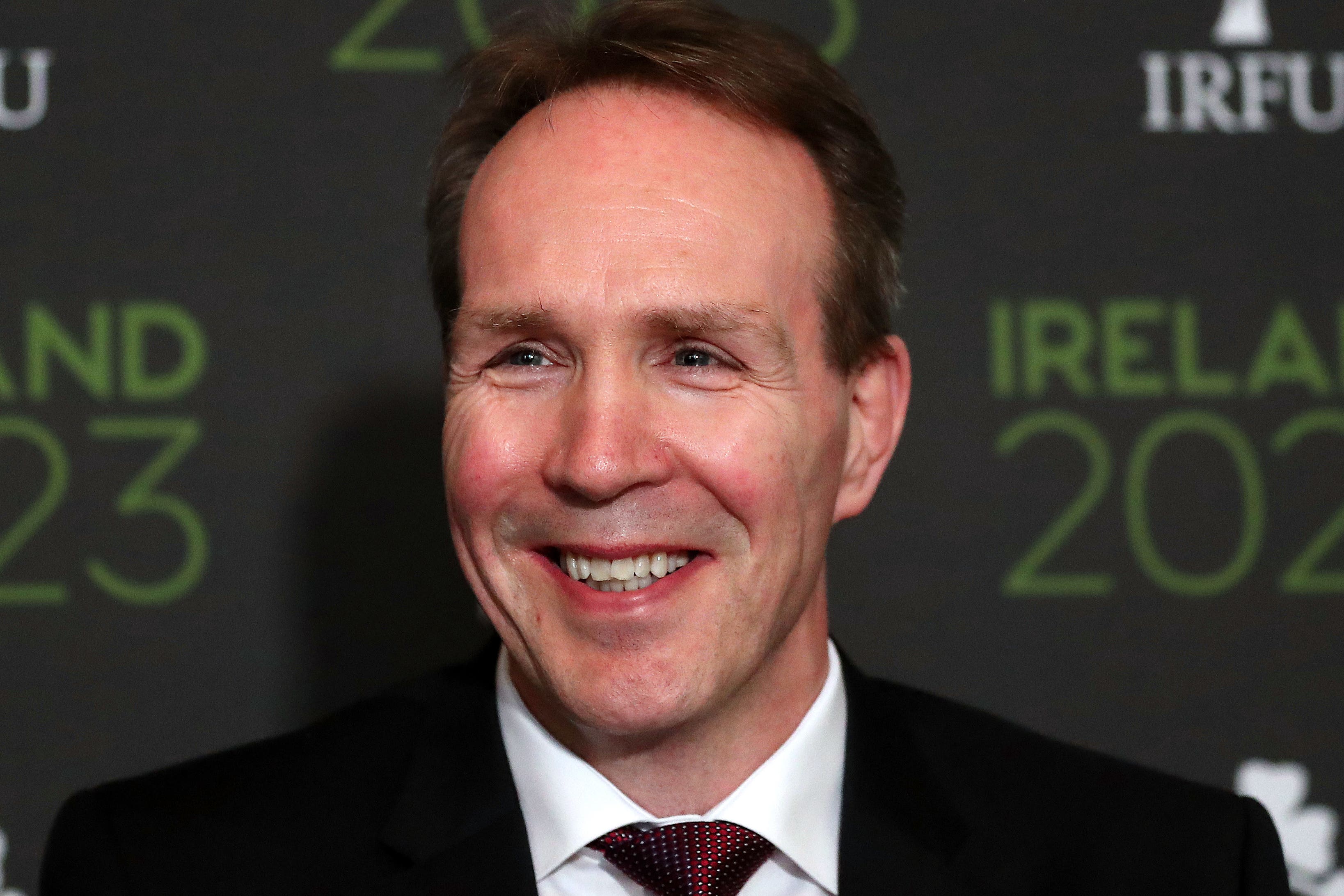Irish Rugby Football Union confident provinces can survive financial pressures
Wasps entered administration and were suspended from the Gallagher Premiership, a week after Worcester were wound up.

Your support helps us to tell the story
From reproductive rights to climate change to Big Tech, The Independent is on the ground when the story is developing. Whether it's investigating the financials of Elon Musk's pro-Trump PAC or producing our latest documentary, 'The A Word', which shines a light on the American women fighting for reproductive rights, we know how important it is to parse out the facts from the messaging.
At such a critical moment in US history, we need reporters on the ground. Your donation allows us to keep sending journalists to speak to both sides of the story.
The Independent is trusted by Americans across the entire political spectrum. And unlike many other quality news outlets, we choose not to lock Americans out of our reporting and analysis with paywalls. We believe quality journalism should be available to everyone, paid for by those who can afford it.
Your support makes all the difference.Irish rugby’s governing body is confident the four provinces will survive current financial pressures amid the crisis engulfing the English club game.
Wasps last month entered administration and were suspended from the Gallagher Premiership, a week after divisional rivals Worcester were wound up.
The Irish Rugby Football Union (IRFU) on Friday announced it has exceeded expectations for the year ended July 31, 2022 by recording an operating surplus of 5.9million euros (£5.17m) but is forecasting deficits for each of the next three years.
While he acknowledged challenging times lie ahead, IRFU chief executive Kevin Potts is optimistic Connacht, Leinster, Munster and Ulster will pull through.
“I don’t really want to comment on the specific clubs, but it’s really important for professional rugby that you operate with the funds you have with certainty,” he said.
“I don’t believe it will have any impact here as long as – and I believe it will be the case – the four provinces and ourselves operate our models on a sustainable basis.
“Obviously we have sympathy for all of the players who are coming out of contract or losing their jobs because of this but in a strange way it might have a deflating impact, perhaps, on player costs in general.
“In professional sport, if you don’t have a sustainable model you are going to run into trouble.
We are clearly concerned, very aware of the economic situation, the energy crisis and the cost of living issues, and we're very aware of what's gone in in other jurisdictions with some of their clubs
“That (a sustainable model) is what we are determined to ensure is the case here.”
IRFU bosses, who endured combined losses of almost 47m euros in the previous two years amid the global pandemic, had predicted a deficit of 4.9m euros for 2021-22.
The better-than-expected results were largely attributed to fans returning to Ireland Test matches sooner than anticipated following the outbreak of coronavirus, the receipt in arrears of 18m euros in government assistance for Covid-19 income losses, and 44.6m euros in respect of CVC Capital Partners’ Six Nations deal.
However, the final of those three factors comes at a cost of a permanent reduction of 14 per cent of future Six Nations and Autumn Nations Series income.
Without the “critical” government grant, Potts revealed the IRFU would have reported an operating deficit of more than 9m euros in their latest figures, admitting “rugby as we know it on this island would have struggled to survive”.
The IRFU has a current cash balance of 66m euros but that is insufficient to cover the 97m euros of advanced 10-year ticket, corporate box and naming-right sales which must be delivered over the next decade.
“We are forecasting deficits over the coming three years, but that’s on the expectation that after three years there should be an uplift in broadcast revenues in the next cycle from the Six Nations,” added Potts.
“If that doesn’t happen, we’ll have to look at our cost base again. We are clearly concerned, very aware of the economic situation, the energy crisis and the cost of living issues, and we’re very aware of what’s gone on in other jurisdictions with some of their clubs.
“We will live within our means, ourselves and the four provinces, and that’s the key to getting through any of these issues in the future.
“This makes for challenging times but I do believe Irish rugby will rise to these challenges.”